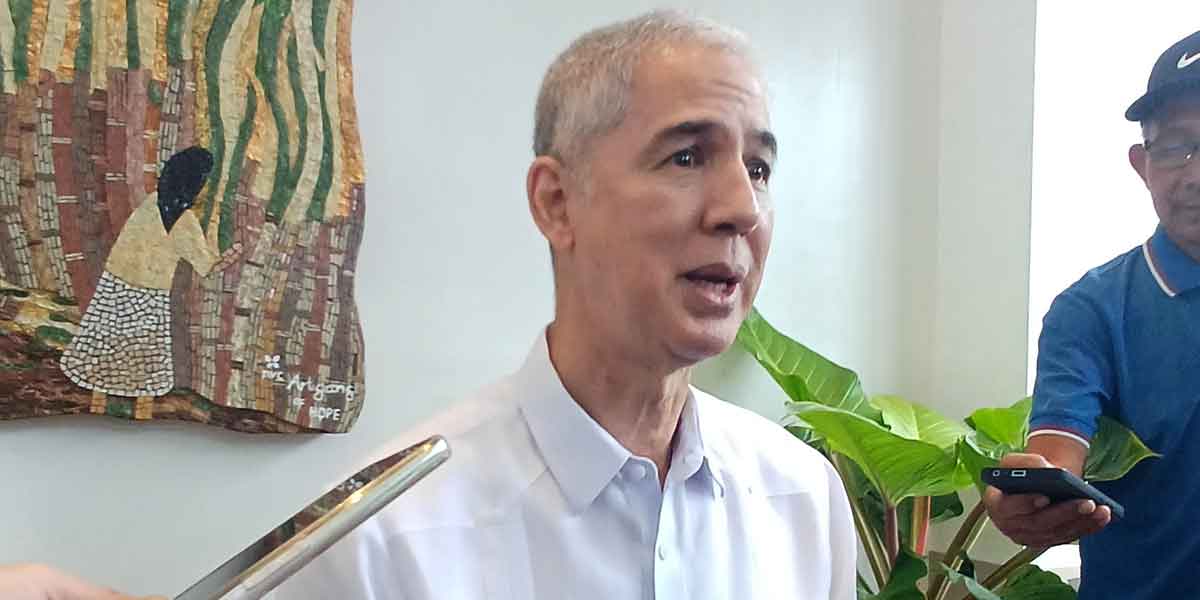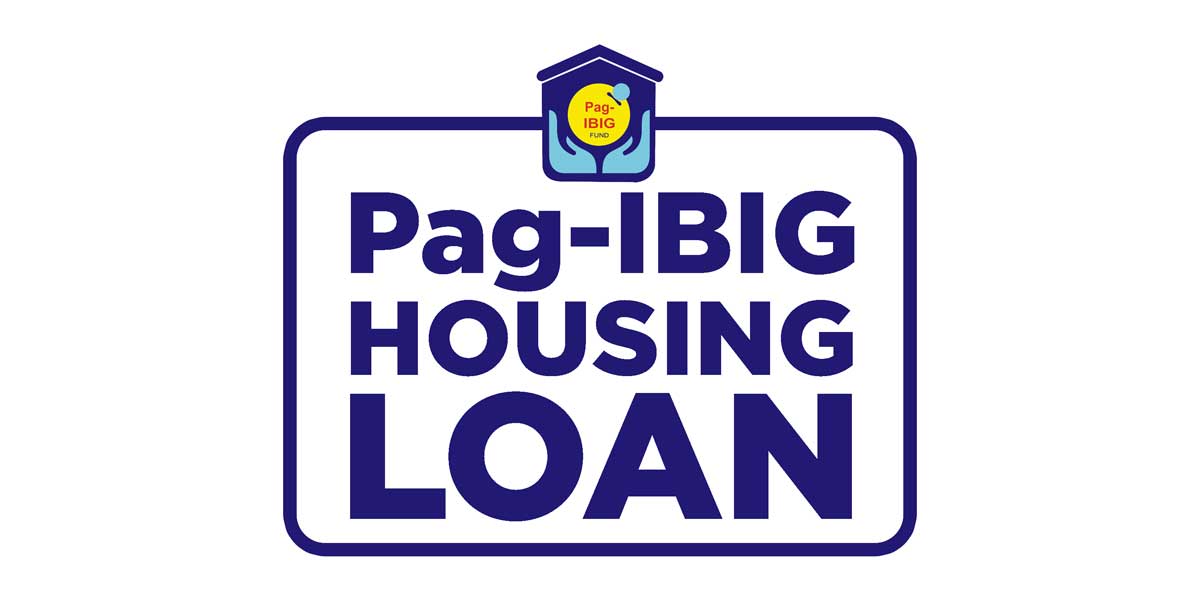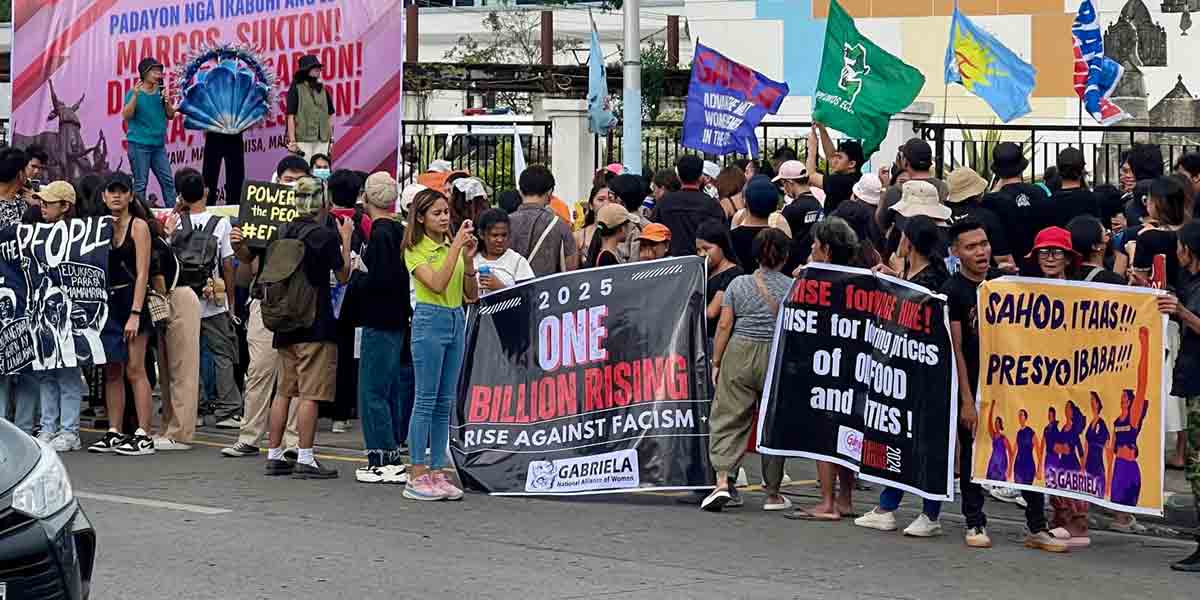By Dolly Yasa
BACOLOD City – The Department of Health (DOH) is reinforcing its regional office here by dispatching a team of epidemiologists to San Carlos City, Negros Occidental to help address cases of amoebiasis in the said locality.
DOH Western Visayas regional director Adriano Suba said Wednesday that the six epidemiologists from DOH central office will join the DOH regional office personnel who were dispatched to San Carlos City on Feb. 22.
“They are now being briefed at the regional office on the status of amoebiasis cases,” he said.
Mayor Renato Gustilo in San Carlos City earlier declared a state of health emergency due to the rapid increase in amoebiasis cases.
But OIC-Health Secretary Maria Rosario Vergeire stressed on Tuesday that the local government unit has to seek guidance from the DOH before they can declare a state of health emergency.
Based on the reports of San Carlos City Hospital, it recorded 268 amebiases and acute gastroenteritis (AGE) cases that were admitted to the hospital from February 1 to March 1, 2023.
As of Wednesday, 58 amoebiases and 28 AGE patients are still confined in the same hospital.
The San Carlos City government has tested water samples extracted from the houses of the patients, the main line of the local water distributor, and deep wells.
The results detected unidentified types of bacteria, thus the samples were sent to a diagnostic laboratory in Bacolod City for validation and confirmation. The results are expected to be released on Friday, March 3.
Amoebiasis, or amoebic dysentery, is an infection of the intestines caused by a parasitic amoeba Entamoeba histolytica. Symptoms may include lethargy, loss of weight, colonic ulcerations, abdominal pain, diarrhea, or bloody diarrhea.
In Executive Order 79 dated February 22, Gustilo ordered all barangay captains to coordinate with their respective barangay health workers in raising public awareness on the disease.
The safest way to avoid amoebiasis is to use boiled water for drinking, he stressed.



















